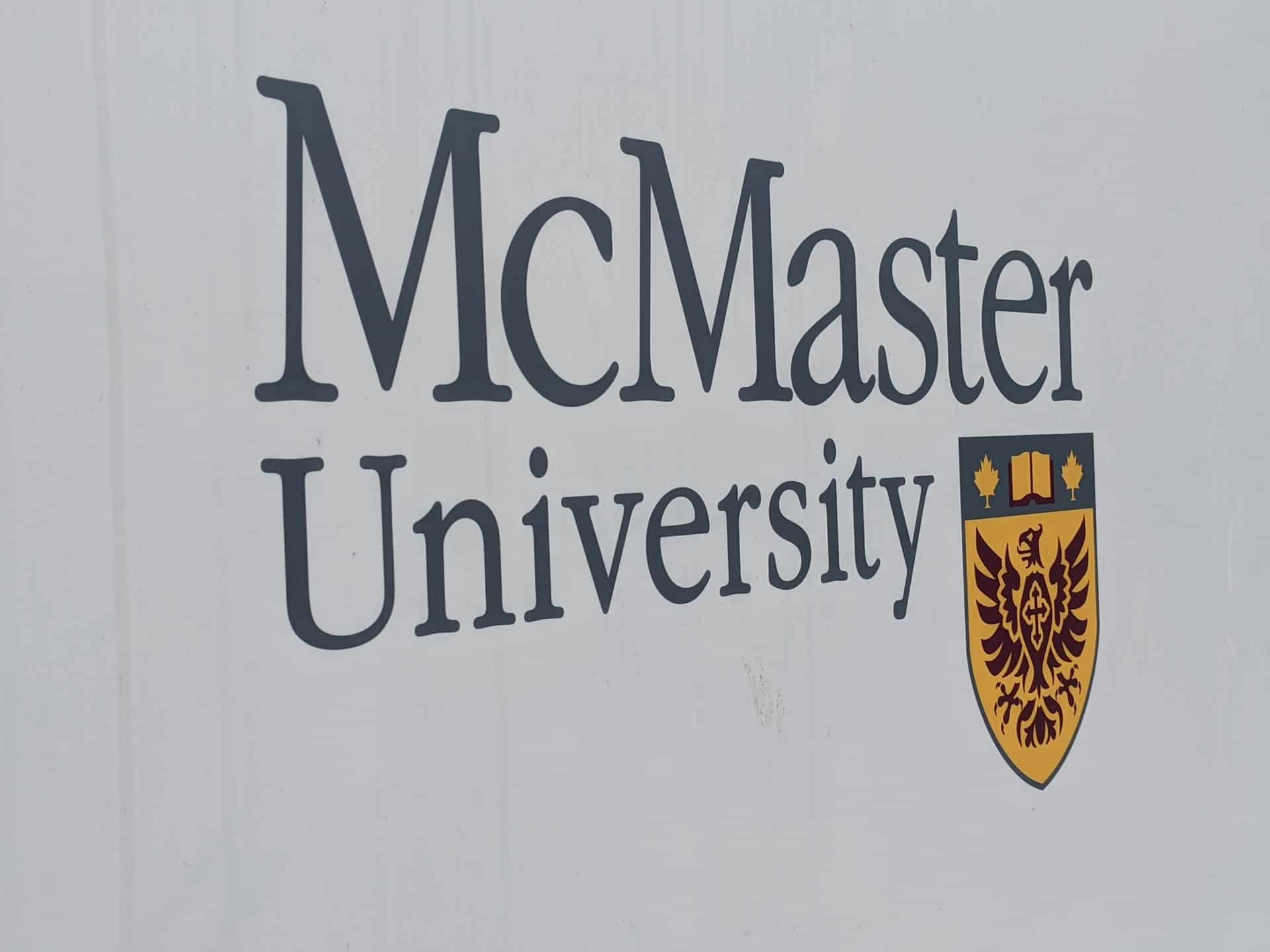Hamilton’s McMaster University explains what fall term will look like
Published June 18, 2021 at 1:29 am

For starters, students at Hamilton’s McMaster University taking classes remotely will not be forced to write an exam on campus this fall.
McMaster’s senior administrators held a hour-long virtual town hall on Thursday night, in order to address students’ frequently asked questions about the 2021-22 academic year. The university is optimistic of a return to relative normalcy by the winter term in January 2022. It will alter some elements of its campus during the fall in order to be socially distancing-friendly.
One main concern was whether a course that is studied remotely will require visiting the campus to write a final exam. Dr. Kim Dej, McMaster’s acting vice-provost (faculty), said that would not occur.
“Final examinations will continue in a remote environment for fall 2021,” Dej said. “We’ve communicated this to instructors, especially if they’re beginning online and virtual courses. They will stay online and virtual, and all of the testing will be online, including exams.
“The complement of that is if you are in a course that has in-person components, that doesn’t necessarily mean the in-person components will be evaluated in person. There will be midterms and other tests that occur online.
“There might be some exceptions, like in clinical programs where accreditation testing has to be done in person.”
Dej added that Mac’s course catalog, which went online on Wednesday (June 16), clearly delineates whether a course is in-person or virtual. She noted there are some courses where physically attending tutorials or labs will be mandatory.
“Make your choices with intention,” she said.
The university has added to its Echo 360 lecture-capture system to more classrooms, but it won’t be required.
“Whatever we do will be attuned to the learning environment,” Dej said.
Other student concerns restrictions on shared space on campus, and how students will be expected to take a virtual class immediately after attending an in-person class.
“We’re definitely looking at increasing the number of indoor study spaces that will allow students to study in a physically distanced way,” said Debbie Martin, McMaster’s assistant vice-president and chief facilities officer.
“It might be spaces that we try to convert while our libraries are not (allowed to be) at full capacity. We are also looking at maximizing outdoor space. We’re investing in a lot of types of outdoor seating — Adirondack chairs, picnic tables … we’re painting circles on the grass. We’re also going to look to install a few tents on campus. We have been working with UTS (University Technology Services) to make sure the tents are in areas with strong Wi-Fi, so students and staff will have good Wi-Fi when they use these spaces.”
In terms of COVID-19 protocols, mandatory masking will remain on campus until Hamilton Public Health Services says it is safe to lift it.
Associate vice-president (student affairs) Sean Van Koughnett said McMaster’s residences will be filled to 93 per cent capacity, and space will be set aside if students need to quarantine.
The university will not require that students and staff who return to campus to have a COVID-19 vaccination.
Ninety-four per cent of respondents to a student survey say they plan to be vaccinated by September. Interational students can also have their vaccinations covered under university-mandated student health insurance.
The entire town hall is on the McMasterUTV YouTube channel.
insauga's Editorial Standards and Policies advertising





